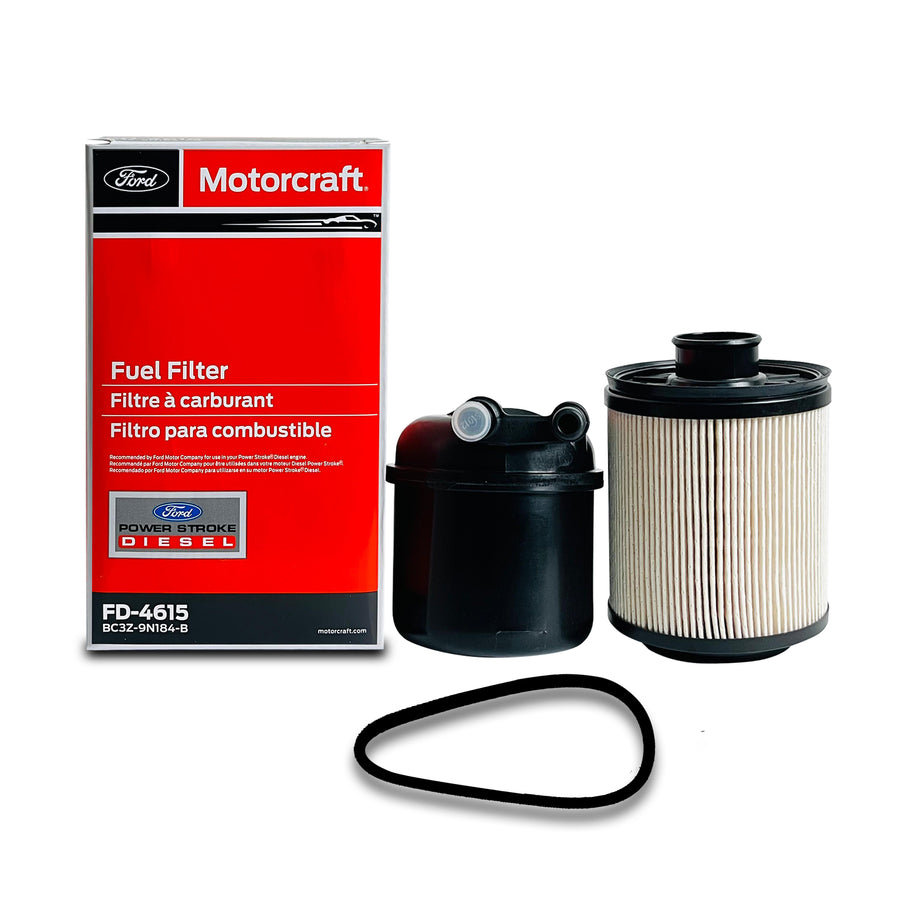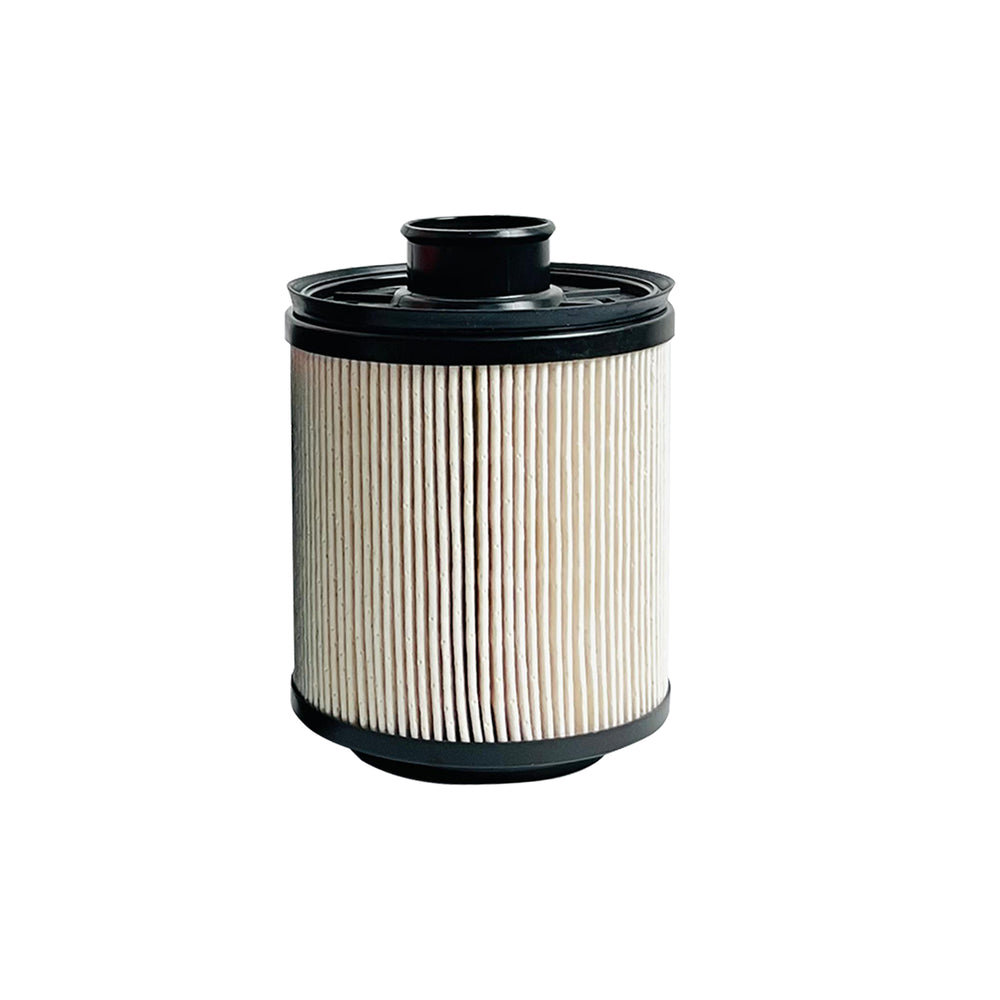A Comprehensive Guide to Dodge RAM Fuel Filter Replacement Intervals
The fuel filter plays a critical role in maintaining the performance and longevity of your Dodge RAM's engine. It is responsible for removing impurities and contaminants from the fuel before it reaches the engine. Over time, these impurities can clog the filter, reducing fuel flow and potentially causing damage to the fuel injectors or other engine components. In this blog post, we will discuss how frequently you should change the fuel filter in your Dodge RAM to ensure optimal performance and protect your engine.

Understanding Fuel Filter Basics:
Before diving into the recommended replacement intervals, it's important to understand the purpose and functioning of a fuel filter. The fuel filter is typically located along the fuel line, between the fuel tank and the engine. It traps dirt, rust particles, and other contaminants present in the fuel, preventing them from reaching the engine. As the filter accumulates debris over time, it becomes less effective and requires replacement to maintain proper fuel flow.

Manufacturer's Recommendations:
The recommended fuel filter replacement intervals for Dodge RAM vehicles can vary depending on the model year, engine type, and driving conditions. It's crucial to refer to your vehicle's owner's manual for precise information tailored to your specific model. The manufacturer's recommendations should always be your primary source of guidance.
General Guidelines:
While manufacturer guidelines are essential, certain general guidelines can give you a rough estimate of when to change your fuel filter. In the absence of specific instructions, it is generally recommended to replace the fuel filter every 30,000 to 40,000 miles (48,000 to 64,000 kilometers) or every 2 to 3 years, whichever comes first. However, it's important to remember that these figures are approximations and may vary based on driving conditions and fuel quality.
Driving Conditions and Fuel Quality:
In some cases, driving conditions and fuel quality may warrant more frequent fuel filter changes. If you frequently drive in dusty or dirty environments, such as construction sites or unpaved roads, the fuel filter may become clogged faster. Similarly, if you frequently fill up at gas stations with questionable fuel quality, the filter may become contaminated more quickly. In such cases, it is advisable to inspect the fuel filter regularly and replace it as needed, regardless of the mileage or time interval.

Signs of a Clogged Fuel Filter:
It is important to be aware of the signs indicating a clogged fuel filter. Ignoring these signs can lead to decreased engine performance, poor fuel economy, and potential damage to other engine components. Some common signs include:
- Engine Misfires: A clogged fuel filter can disrupt the fuel flow, leading to engine misfires or rough idling.
-
Reduced Power: If you notice a significant decrease in engine power or acceleration, it may be due to a clogged fuel filter restricting the fuel flow.
-
Difficulty Starting: A clogged fuel filter can make it harder for the engine to start, resulting in prolonged cranking or even engine stalling.
-
Poor Fuel Economy: A decrease in fuel efficiency could be an indication that the fuel filter is clogged and needs to be replaced.
-
Engine Stalling: In severe cases, a completely clogged fuel filter can cause the engine to stall or shut down unexpectedly.
Conclusion:
Regular fuel filter maintenance is crucial for the smooth operation and longevity of your Dodge RAM's engine. While manufacturer recommendations and general guidelines provide a starting point, factors such as driving conditions and fuel quality can influence the replacement interval. It is always best to consult your vehicle's owner's manual for specific instructions and to stay vigilant for signs of a clogged fuel filter. By staying proactive and addressing fuel filter maintenance promptly, you can ensure optimal engine performance and prevent potential damage to your Dodge RAM.





